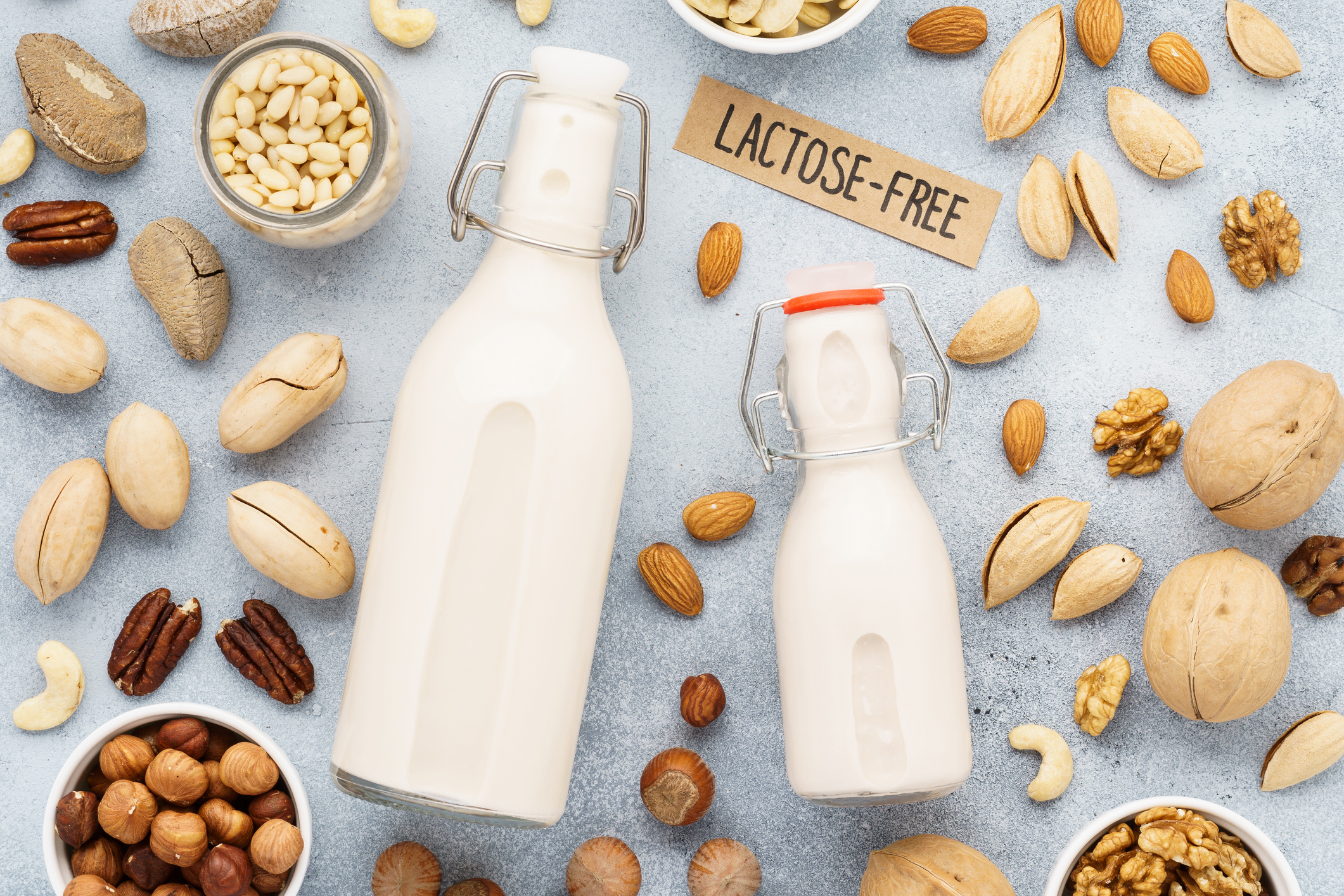
Date Posted: 05/15/23
NCP In The News: Non-dairy milk flap in high school
(Originally posted by The Washington Post)
Suit claims her L.A. school violated her rights by telling her to praise cow’s milk, which many of her generation dislike
Growing up, Marielle Williamson was grossed out by milk. What she learned about animal agriculture made her uncomfortable. Why, she wondered, were we consuming the breast milk of another animal?
But when the 17-year-old tried to distribute literature sharing her views promoting nondairy milk at her Los Angeles high school, she says, administrators responded that it wasn’t allowed unless she extolled the virtues of cow’s dairy, too. Pro-dairy “Got Milk?” messages were already plastered across the hallways and even repeated on the morning announcements, she said. The directive felt like a violation of her First Amendment rights. So she sued the school district and the U.S. Department of Agriculture, which oversees federal school meals policy.
“By compelling Marielle to simultaneously distribute the dairy misinformation that she seeks to refute, District Defendants have violated Marielle’s free speech rights,” her lawyers argued in the suit filed May 2 in District Court with the nonprofit Physicians Committee for Responsible Medicine as a co-plaintiff. “More than that, [the defendants] have laid bare the extent to which [USDA] treats dairy as sacrosanct, both as a matter of law and policy.”
The USDA and the Los Angeles Unified School District declined to comment on ongoing litigation.
The conflict unfolding at Eagle Rock High School is emblematic of a broader fight over cow’s milk, once a staple of the American dining table. It has lost its status in some circles amid worries about its healthfulness and impact on the climate, as well as the rise of alternatives such as oat and nut milk. Generation Z is particularly skeptical, drinking 20 percent less liquid milk than the national average, according to Circana consumer data.
Tastes have also changed. Even as dairy-based cheese and yogurt increase in popularity, the same can’t be said for liquid milk. Forty-two percent of American households purchased plant-based milk in 2021. And while plant-based milk unit sales grew 19 percent from 2019 to 2022, animal-based liquid milk saw a 4 percent decline over the same period, according to National Consumer Panel data.
Read full article at The Washington Post